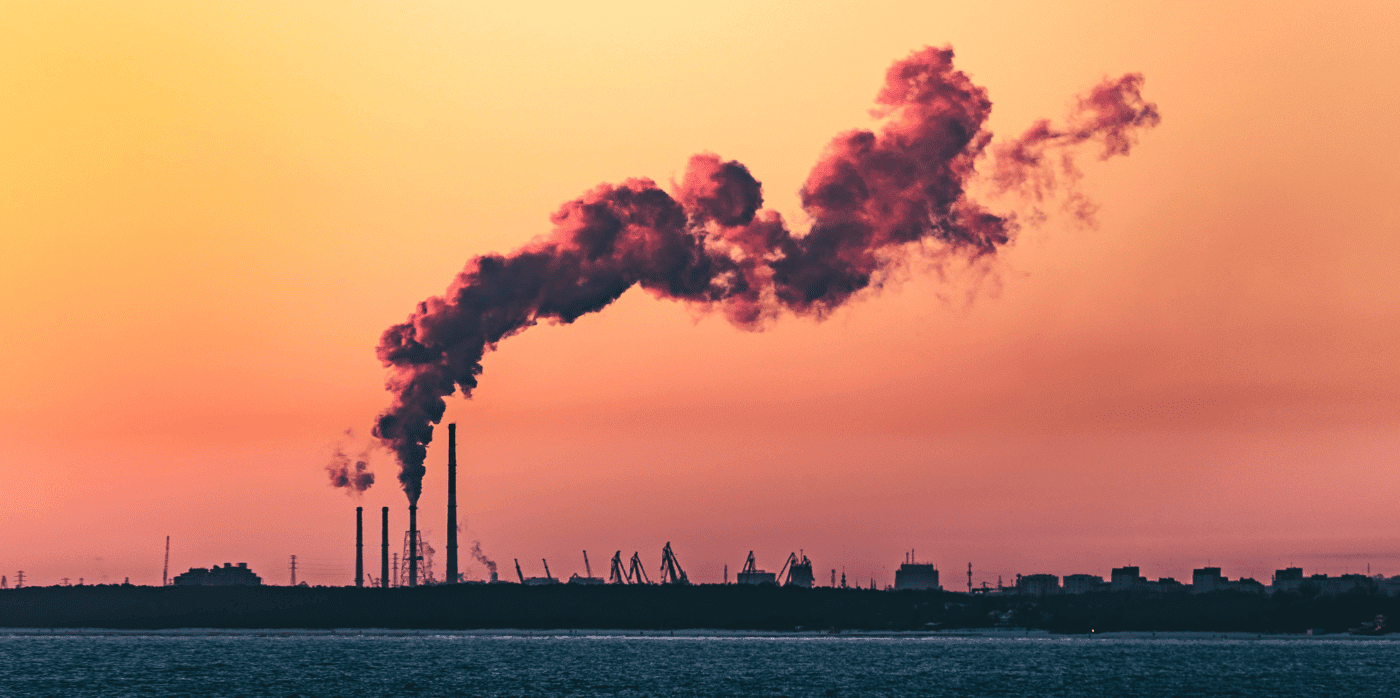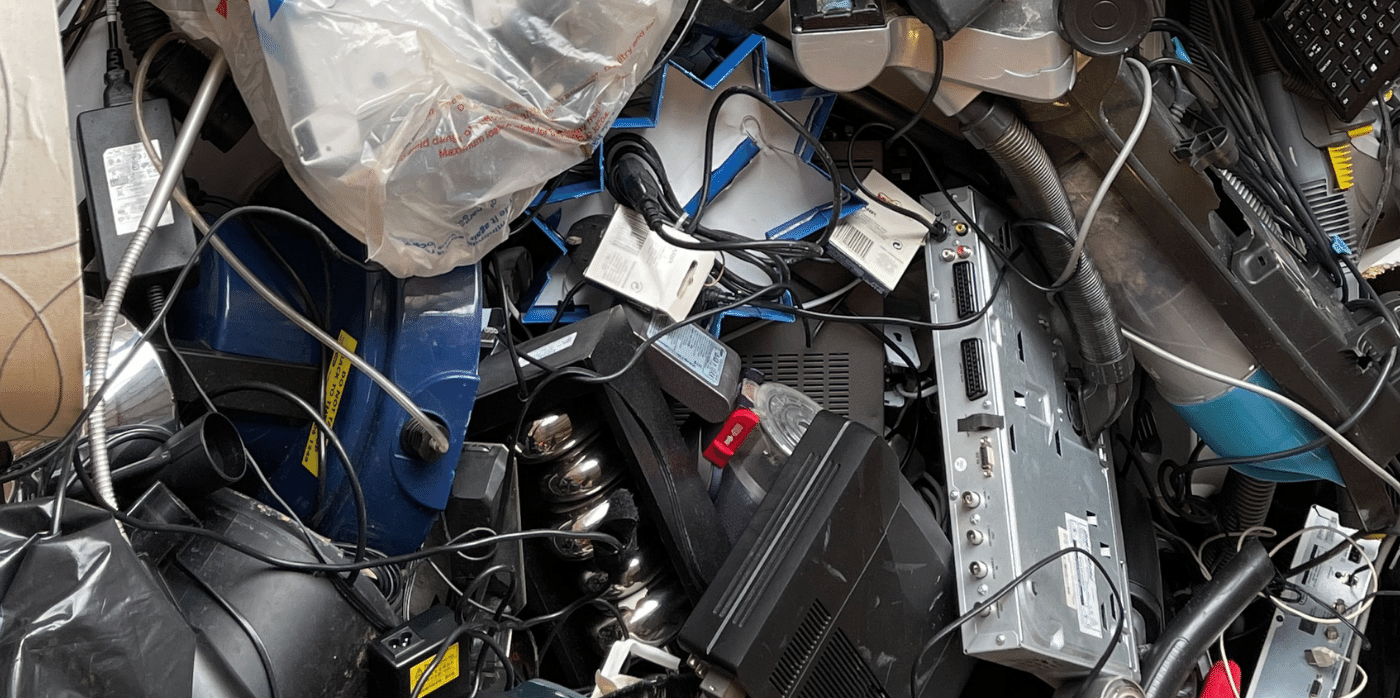AI helps to decarbonise energy-intensive businesses

Spotted: Together, heavy industry and transportation produce 40.4 per cent of the world’s annual greenhouse gas (GHG) emissions. Each sector has its own particular challenges in reducing pollution, and every manufacturing plant has its own individual machinery and processes. That complexity makes it challenging for businesses in sectors like steel, cement, telecoms, and automotive to identify ways to reduce emissions, implement changes, and track progress against company goals.
Using a deep understanding of those conditions, a team of industrial engineers worked together to create QiO Technologies to transform the ability of heavy industry to achieve carbon neutrality. Based on artificial intelligence (AI) analyses, the Foresight Sustainability Suite improves production efficiency, tracks the performance of every machine, and provides service and maintenance support.
QiO provides the three different parts of the Sustainability Suite separately or together, allowing businesses to focus on the areas they most want to improve. Foresight Optima maximises production efficiency. Foresight Maintenance tracks and predicts machine failures to help reduce operating downtime, and Foresight Service helps businesses better plan the timing and order of fixes and upgrades.
QiO’s latest product, Foresight Optima DC+, is specifically for data centres – themselves a significant contributor to global GHG emissions. With a recently closed series B round of funding that raised $10 million (around €9.4 million), QiO Technologies plans to focus its expansion into this area of work.
Manufacturing and chemical production process improvements are reducing pollution in several different ways. Springwise has spotted a new way of recycling plastic and hazardous chemical waste, and a new wood-fibre building material that produces almost zero waste.
Written By: Keely Khoury


